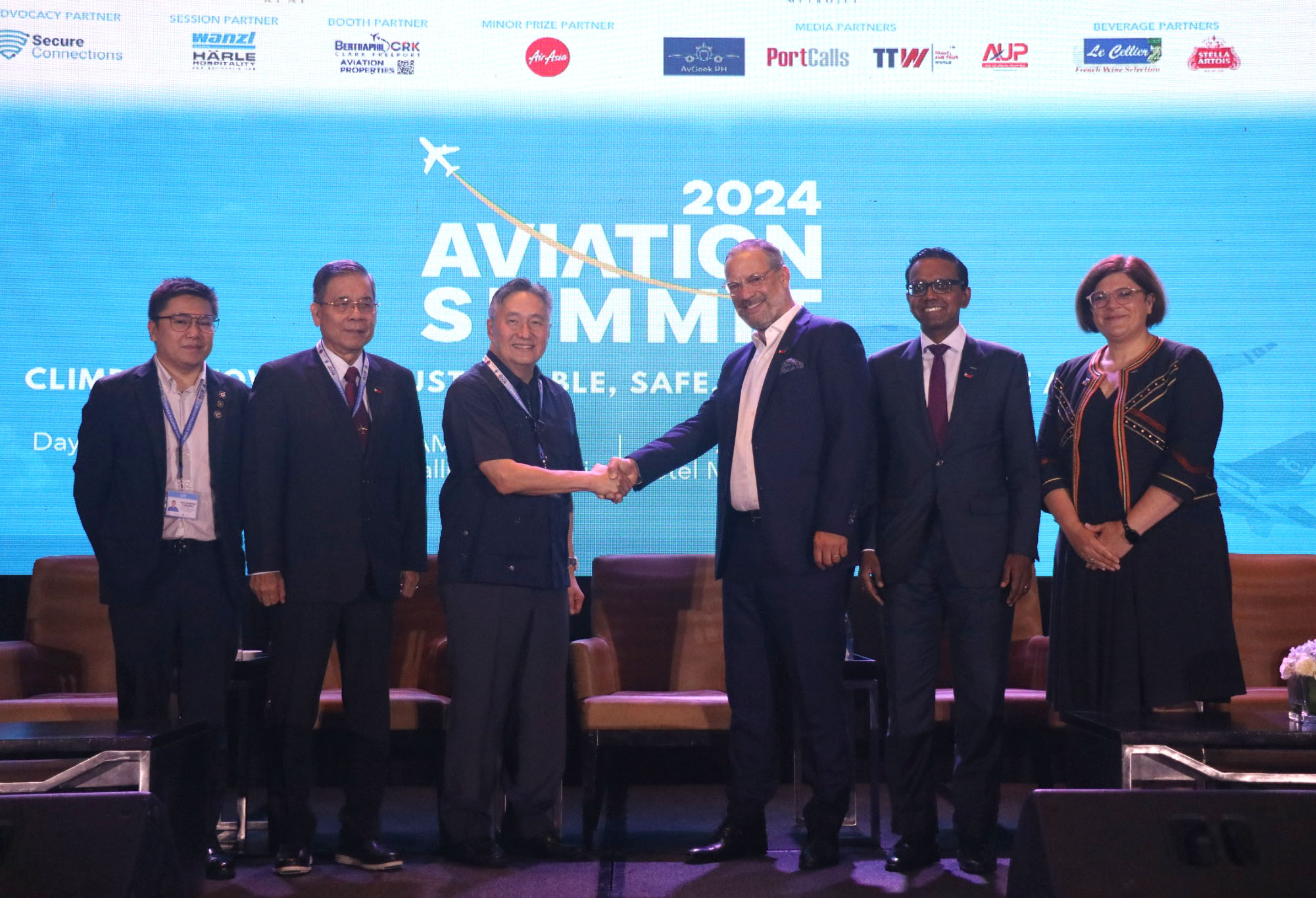Manila – Airbus and the Philippines’ Department of Transport, Department of Energy and the Civil Aviation Authority of the Philippines, have jointly announced the launch of a study exploring the development of Philippines’ sustainable aviation fuel (SAF) ecosystem.
This follows the establishment of a SAF committee as part of the National Biofuels Board led by the Philippine Department of Energy overseeing the development of the country’s SAF roadmap. One of the first steps is to conduct a SAF feasibility study in line with the International Civil Aviation Organisation (ICAO) guidelines.
As a member of the ICAO, the Philippines is committed to achieving the industry’s net zero carbon emission target by 2050. To reach this goal, the nation will rely on a basket of measures: fleet renewal, disruptive technologies, operations improvement, SAF and carbon offset.
In support of the Philippine’s SAF roadmap and as a partner of ICAO ACT-SAF, Airbus will contribute to the country’s SAF feasibility study, analysing country specific macroeconomic data, evaluating SAF feedstocks and production pathways, assessing relevant implementation support, financing and policies, as well as drafting an action plan.
This study will serve as a critical reference to springboard further development of relevant policies, and at the same time encourage industry stakeholders to advance economically viable SAF production in the Philippines.
As a major lever in the journey towards the decarbonisation of the aerospace industry, SAF brings an average 80% reduction in carbon emissions over the life cycle compared with fossil fuels, from production to end use. All Airbus aircraft are already able to operate with up to 50% SAF. Airbus aims for all its aircraft to be capable of operating with up to 100% SAF by 2030.

